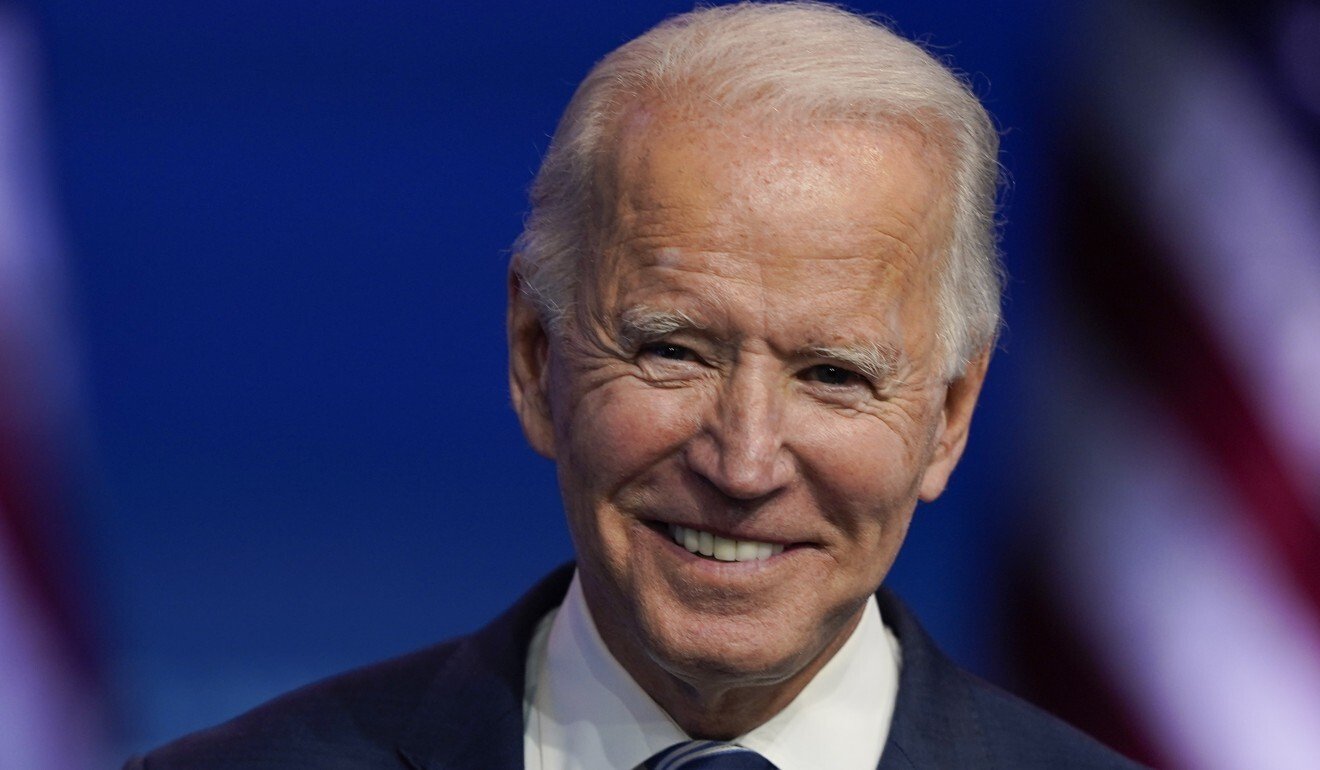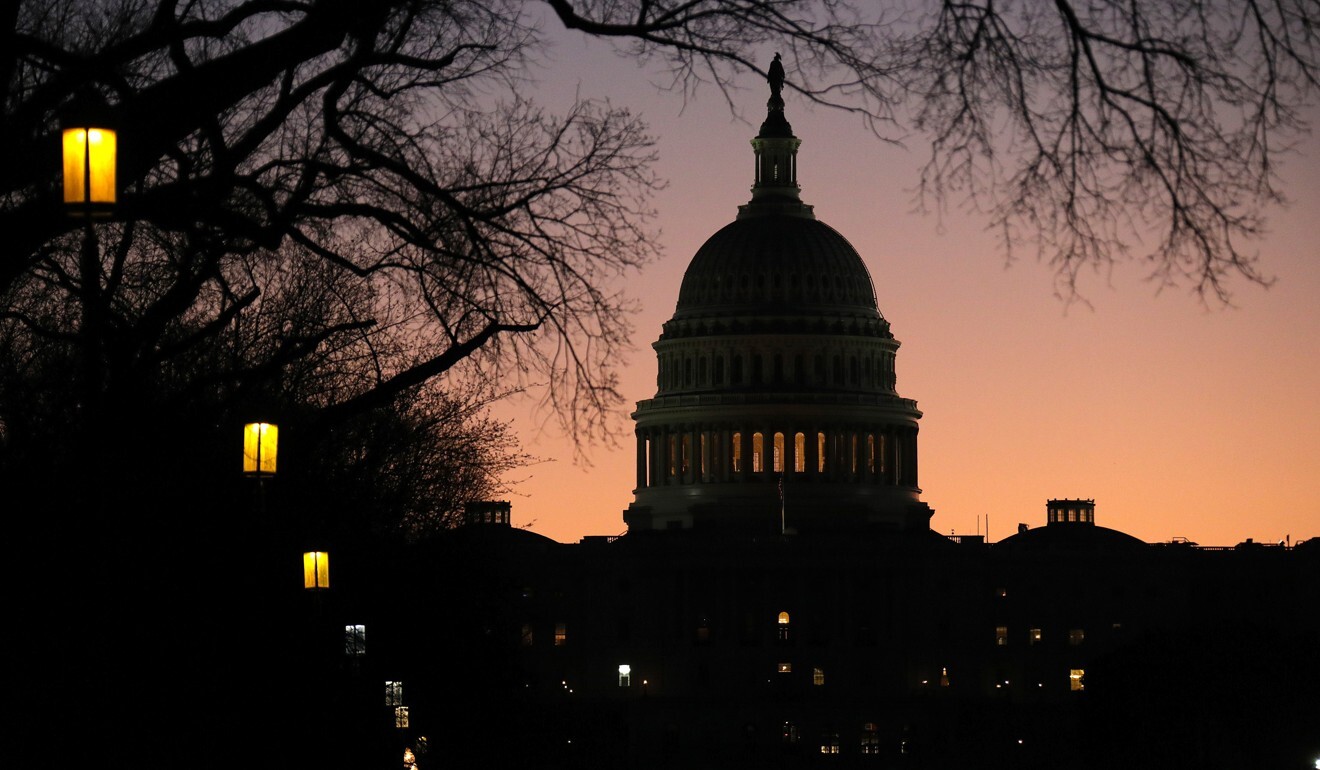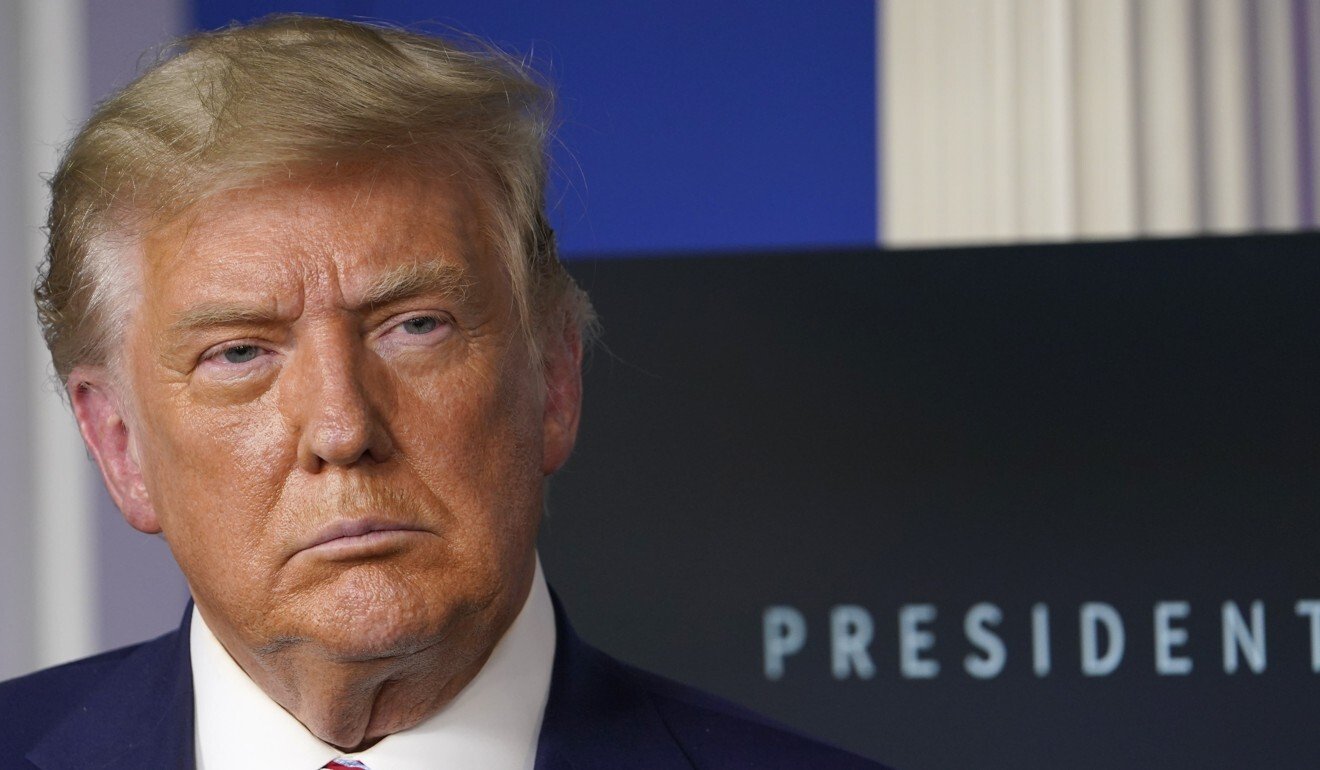
Will a Biden presidency give Hong Kong a break, or is it the other way round?
- Whether Joe Biden adopts a harder or softer approach to China, or maintains the status quo, it’s not going to matter much to how Beijing calibrates its Hong Kong policy
- But, just as China has taken to weighing public opinion in Hong Kong and on the mainland, Biden will also take domestic American politics into consideration for policymaking
Now that Joe Biden is set to take over from Donald Trump as US president, although the latter has yet to officially concede he lost the election, the big question in this part of the world is what comes next for Sino-American relations.
Will a Biden presidency ease China-US tensions and eventually benefit Hong Kong by halting new sanctions, if not lifting some of those already in force?
Not really. Whether it’s Biden or Trump in the White House, the future course of this special administrative region of China is more for Beijing to set now, since the top leadership does not care much about how the US reacts to how it governs this defiant city.
The unfolding of the US election drama has drawn mixed feelings, with many mainland Chinese citizens and Hongkongers wanting to see Trump re-elected – although for contradictory reasons.
Across the border, besides the group of gongzhi, or “public intellectuals” who pinned their hopes on Trump to push for China’s democracy or political reform, which was not quite the case, the general public were more inclined to count on Trump’s “impulsive” behaviour, especially given America’s escalating coronavirus crisis, to enable a sense of unity among the Chinese. Trump unintentionally won himself a household nickname as “Comrade Chuan Jianguo”, or someone helping to build the nation of China.

The sentiment, however, is quite the opposite in Hong Kong among activists and their supporters. They are worried that the incoming Biden administration will be too preoccupied with tackling Covid-19 than prioritising relations with Beijing, let alone Hong Kong. And even with bipartisan consensus on the “China threat”, a career politician and foreign-policy veteran like Biden is unlikely to extend Trump’s confrontational approach.
Beijing, meanwhile, is still uneasy about the situation in Hong Kong, even after the implementation of the sweeping national security law banning subversion, secession, terrorism and collusion with external forces.
Some analysts and pundits in the US have actually suggested Biden keep up the pressure on Beijing regarding Hong Kong, picking up from where the Trump administration leaves off.

Whether Biden goes for a harder or softer approach, or maintains the status quo, it’s not going to matter much to how Beijing calibrates its Hong Kong policy, having made up its mind to ensure 100 per cent immunity from foreign influence in the city under the “one country, two systems” governing policy.
Such a deterrent message also serves as a warning to self-governed Taiwan, which has built closer ties with the US under Trump.
Thus, even as the US and its Western allies cried foul when China’s top legislative body ousted four Hong Kong opposition lawmakers, prompting the resignation of their entire camp from the local legislature, Beijing followed up by declaring that it was now a “legal requirement” to kick out those who were anti-China and causing trouble in the city.

Does that mean all is over for the city’s opposition camp? It may well be if opposition politicians still intend to seek help from the US and the West, although they will surely continue to air their dissenting voices.
Whether this is good or bad for Hong Kong is a topic for endless debate, but Beijing has now taken to weighing public opinion not only in this city – as polarised as it is – but also on the mainland. Biden, too, will take domestic American opinion into consideration for policymaking on China, Hong Kong included.
The reality check: diplomacy is an extension of domestic politics and the two are intertwined.

